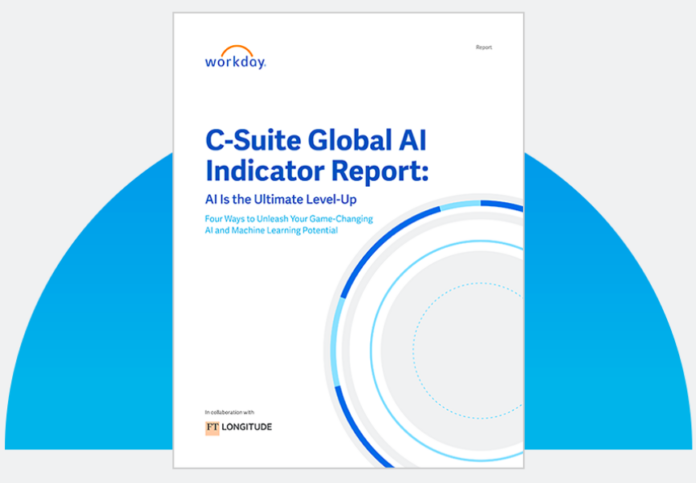Singapore businesses on average invest 24% of their annual budget in AI and ML, ahead of the United States (22%) and Canada (21%), and higher than the global average of 18%.
According to a study by Workday, Singapore businesses have bold ambitions for long-term AI and ML returns, with half of respondents agreeing that AI and ML will significantly amplify human potential.
Singapore is ahead of the game when it comes to implementing AI and ML across business operations, with 51%of Singapore businesses already making progress in AI and ML deployments to streamline workflows and augment the workforce. This is compared to the global average of 34%.
The C-Suite Global AI Indicator Report was commissioned by Workday and carried out in collaboration with FT Longitude in May and June 2023, covering 2,355 cross-functional senior business executives.
Survey participants are located in North America (895), Europe, the Middle East, and Africa (860), and Asia-Pacific and Japan (600).
Pannie Sia, Workday general manager in ASEAN, said that as the region’s leading technology hub, Singapore is a fertile ground for innovation.
“It is no surprise that businesses here find themselves in the perfect position to leverage and invest in AI and ML across their organisation, to unlock new growth opportunities and emerge more competitive and relevant than ever,” said Sia.
Improved collaboration was seen as the biggest benefit among Singapore businesses, and 63% of Singapore HR leaders believe AI and ML will enable HR to deliver more strategic value.
Meanwhile, 57% of Singapore finance leaders believe that AI and ML is a complete game changer for finance and procurement.
Yet, despite optimism about the immediate business benefits that AI and ML investments will bring, half of Singapore business leaders admit that they are concerned about the trustworthiness of AI and ML technologies at present.
Uncertainty about data and privacy, a lack of trust, and a talent shortage are holding CEOs and other business leaders back from fully embracing and adopting AI and ML.
Among Singapore IT leaders, 57% believe their team will be under pressure to find a trustworthy approach to AI and ML for the organisation.
In addition, 63% of Singapore IT leaders see the shortage of skilled IT talent in the market as the greatest barrier to achieving their current IT goals.
Sia added that as Singapore continues its path to become a global leader in AI and ML adoption, there is a need to overcome the trustworthiness and talent shortage barriers.
“Fortunately, Singapore CEOs and other business leaders recognise that AI and ML technologies are not just a fad. Two in three respondents in our survey say that AI and ML will impact their organisation and their industry,” said Sia.
“Faced with the complexities of today’s business landscape, Singapore leaders will need to bolster their talent strategy and prioritise responsible practices to fully benefit from the vast potential of AI and ML,” Sia said further.
Results show that 37% of Singapore businesses are currently scaling up their AI and ML use or at maturity, which is the highest percentage among all countries surveyed in the study.
Looking ahead, 69% of Singapore business leaders believe their organisation will be investing more in AI and ML five years from now.



